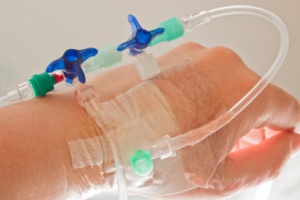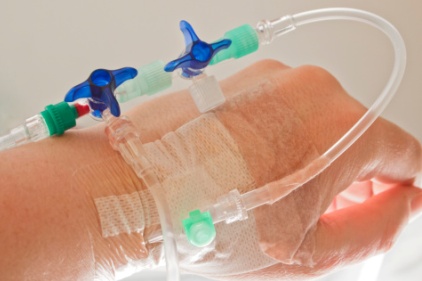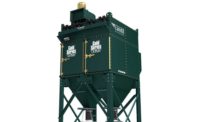 The governor of North Carolina has signed into law a bill which requires the state's Department of Labor to develop and enforce regulations that conform to NIOSH recommendations that protect healthcare workers who work with or near hazardous materials and antineoplastic agents from disease and injury caused by exposure.
The governor of North Carolina has signed into law a bill which requires the state's Department of Labor to develop and enforce regulations that conform to NIOSH recommendations that protect healthcare workers who work with or near hazardous materials and antineoplastic agents from disease and injury caused by exposure.
The bill is based on the 2004 NIOSH Alert: Preventing Occupational Exposures to Antineoplastic and Other Hazardous drugs in Healthcare Settings, DHHS (NIOSH) Publication Number 2004-165 (http://www.cdc.gov/niosh/docs/2004-165/). Thomas Connor of NIOSH led the interdivisional team that prepared the Alert.
A nurse's view
Writing in the Oncology Nursing Community (ONC) blog, AnnMarie Walton, MPH, RN, said that prior to the passage of the bill, a group of clinical nurse leaders at the institution where she works took a look at the NIOSH recommendations for handling waste after hazardous drug administration.
“The group found that while we used double gloves rated for the administration of chemotherapy, the nurses and the nursing assistants who worked with us used one pair of regular gloves while handling bodily fluids of patients who had received hazardous drugs, where double chemotherapy gloves were recommended. Likewise, we were not disposing of trace waste, such as tubing, plastic-backed absorbent pads, and materials used during chemotherapy administration in biohazard trash for incineration as recommended.”
Changes were made
The nurses reviewed the recommendations and spearheaded a re-education of staff so that they were in compliance with the NIOSH recommendations for safe handling of hazardous drugs.
Under House Bill 644, this kind of review and remediation though is now required.
Exposure can be simple
“Hazardous drugs (like those used in chemotherapy) can cause reactions from hypersensitivity to miscarriage and even cancer,” said Walton. “Those at risk for exposure include nurses, nursing assistants, pharmacists, pharmacy techs, physicians, environmental services staff, and even people in shipping and receiving. Exposure can be as simple as touching a contaminated surface.”
The state of Washington became the first to require standards specific to safe handling of hazardous drugs in 2011. The Washington State Hazardous Drug Law required the Department of Labor and Industries to adopt rules consistent with NIOSH recommendations.



